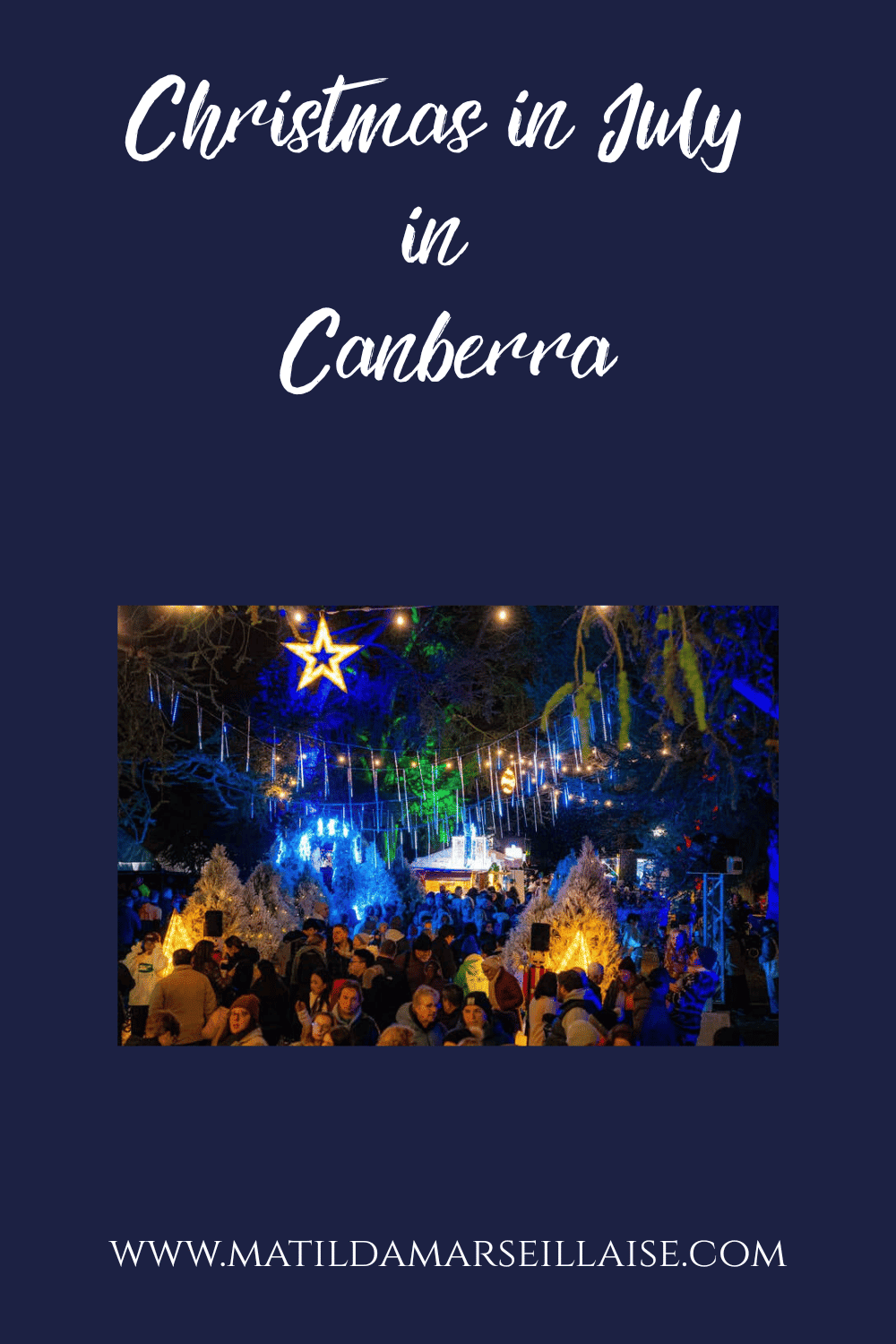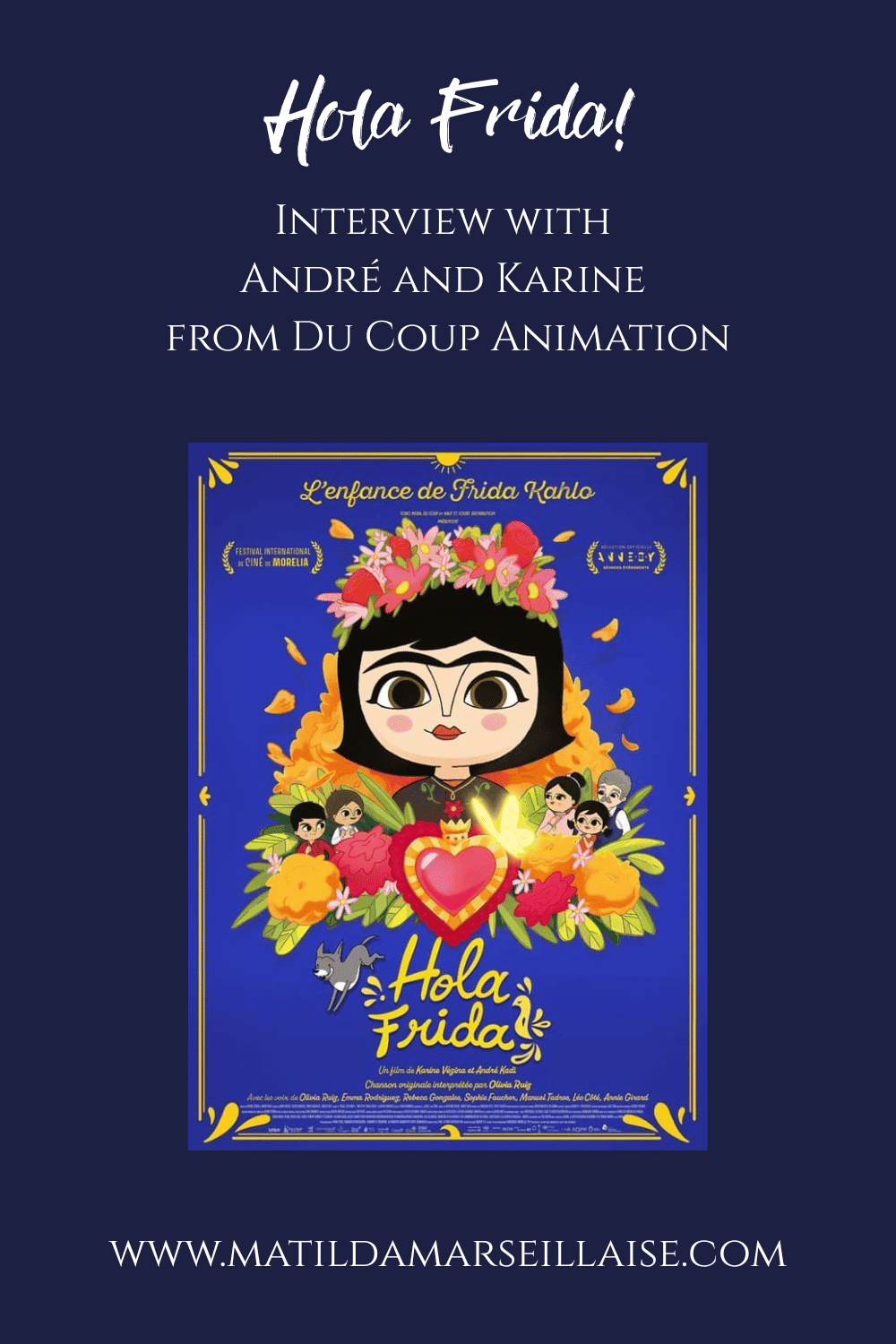Evan Rogister is coming from the USA to Sydney to conduct Opera Australia’s production of Massenet’s Cinderella (Cendrillon) from New Year’s Eve right up until the end of March 2025. We chat to him about conducting, French composers, opera, and much more.

Evan, you’re coming to Australia to conduct Opera Australia’s production of Massenet’s Cinderella (Cendrillon). Can you tell us about the production?
Laurent Pelly’s brilliant production echoes Massenet’s playfulness and self-conscious theatricality. Clocking in at less than two hours including the interval, it’s visually stunning and genuine good fun for all ages—not something that you can say about many operas.
This will be your first time in Australia. What are you expecting? How long before the first performance of Cinderella will you arrive and rehearse?
It’s not every day that you get a call asking if you’d like to conduct in the world’s most iconic opera house. My career takes me to a lot of fascinating cities, but I think Sydney will top the list in terms of an adventure. My family and I live essentially on the other side of the world, and we’re all so excited to explore the fauna and flora native only to Australia. The kids are drawing cassowaries and doing peacock spider dances 🙂 I’ll be arriving Dec. 2–so essentially 4 weeks of rehearsal before our premiere.
How does the score for Massenet’s Cinderella (Cendrillon) differ from other opera versions of Cinderella, such as Rosini’s La Cenerentola, ossia La Bontà in trionfo?
Few operatic composers have succeeded in comedy— Mozart, Rossini and Verdi spring to mind—and I think we can add Massenet to this list. Opera tends to lend itself to tragedy and melodrama, so I’d argue that comic opera is a more challenging sub-genre.
How do you create charm and humor without coming across heavy handed? To achieve comic effects, Rossini frequently deploys coloratura, rapid text, and unexpected shifts in rhythmic and structural patterns. He wrote in an era when orchestration was more conservative—essentially the same size orchestra that Mozart knew—so Rossini puts more responsibility on the singers to carry the evening.
On the other hand, Massenet composed for an orchestra almost as large as Wagner’s. His palate is much more eclectic…there are flourishes of Wagnerian harmony and instrumentation alongside dances and marches which evoke the baroque era. Each character has music that illustrates their feelings and motivations in a clear and memorable way. What both pieces have in common is spot on comic timing.
If you had your own composition of Cinderella, how would it be?
Ha! We shouldn’t forget that Rodgers & Hammerstein wrote a brilliant musical on the story and there’s wonderful music in the Disney film. I think I’d choose a less explored subject for my first opera 🙂

How do you approach conducting traditional operas such as this? Is it a challenging opera to conduct?
The most stimulating challenge with ‘traditional’ operas is mastering the style and context in which each piece was written. Cendrillon is quite virtuosic for the orchestra and the texture—like the French language—is delicate and ethereal.
You’re familiar with other French composers, having conducted Berlioz’ Cleopatra, Bizet’s Carmen, Gounod’s Roméo et Juliette, and of course Massenet’s Cendrillon. Do you find anything distinctive about French compositions? Do you have a favourite French composer?
Musical language, like spoken language, is governed by grammar and stress. This is quite a generalisation, but I find that in French language and music there’s less sense of gravity and weight compared to German, Italian and English. Perhaps the best example of this idea is the music of Debussy—he’s my favorite French composer.
What’s the most intense opera you’ve conducted? I imagine Wagner’s Ring Cycle must be one of the most challenging.
The Ring Cycle is certainly the most intense in terms of sheer duration and stamina required. But second by second, the most intense piece I’ve ever conducted is Schoenberg’s Erwartung.
You conduct operas as well as symphonies. What do you enjoy about each of them? Do they require different skills? I’ve read other interviews in which you said from age 4, you’d wave your arms like you were conducting your favourite songs. At what age did you decide to become a conductor? Do you play an instrument yourself?
Simply put, opera has more moving parts than a symphonic piece. Watching symphonic orchestras and then playing in them was my first entry into classical music. In symphonic work, I relish the opportunity to focus on a composer’s purely musical logic—by which I mean music not inspired by text or drama.
I did start waving my arms at a young age and can remember going to my room, putting on a CD and conducting an imaginary orchestra for hours! I was very fortunate to know early on what I wanted to pursue professionally.
You’re German-American. Have you spent time living in both countries? Do you also speak German fluently? Has being bilingual impacted your conducting skills or the interpretation of compositions? You’ve also mentioned that your grandmother, an opera singer, pianist and music teacher, reinforced your interest in music. How much influence do you think she had on you deciding to pursue a career in music?
My very first musical influence and teacher was my grandmother. There’s no question that love and music and ‘love for music’ were tied up very profoundly in my childhood. ‘Ia’ as we called her—short for Maria—also spoke German with me. The gift of two extra languages (music and German) plus a curiosity about other cultures benefitted me immensely down the road.

How did your experiences at institutions like Juilliard shape your approach to conducting?
My path to the podium was by no means linear. I started out by studying classical trombone, voice and political science at Indiana University. Following my undergraduate studies, I considered applying to law school but was accepted at Juilliard, where I was influenced by a wide spectrum of the school’s faculty, including a remarkable ear training teacher, Mary Anthony Cox—who had studied with Nadia Boulanger in France—and Alan Gilbert, who was Music Director of the New York Philharmonic.
One great advantage of an education at Juilliard is its proximity to the MET and NYPhil—when students absorb the daily routines of great performing arts institutions, their ranks don’t seem so unattainable.
Your career has taken you far and wide. You’re currently the Principal Conductor of Washington National Opera and have worked in Sweden on Göteborg Opera’s Ring Cycle over 3-4 years as well as at the Deutsche Oper Berlin, Sante Fe, Théâtres de la Ville de Luxembourg, and Russia’s Bolshoi Theatre among them. What has(ve) been your career highlight(s)?
Planning and completing a Ring Cycle with director Stephen Langridge was certainly an artistic highlight. Collaborating with the Orchestra of the Age of Enlightenment at Glyndebourne or conducting at the MET and the Kennedy Center are ‘pinch me’ experiences every time you give the downbeat.
You recently conducted at the Orchestre Des Jeunes De La Méditerranée. Tell us a little about that.
The OJM is comprised of talented young musicians from the entire Mediterranean basin who gather at the Aix-en-Provence festival in July and are coached by the London Symphony Orchestra. Given the wealth of talent in the orchestra, the expertise of their mentors, and their infectious enthusiasm, the sky’s the limit. In addition to performing the classical cannon, the OJM creates a new piece each year based on the aural traditions of the Mediterranean. It’s fascinating to participate in a collective composition for an entire orchestra.
Do you have a favourite performance space? What is it and why?
I wouldn’t be able to choose just one…the Semperoper in Dresden has one of the most perfect acoustics I’ve experienced. There’s also nothing quite as thrilling as the Met audience when you can feel their engagement. Glyndebourne is the perfect space for Mozart.
Is there an opera or score that you dream of conducting?
Mahler Symphonies 3 and 6, Tristan und Isolde, Die Frau Ohne Schatten, Pélléas et Mélisande and Parsifal.

What do you listen to in your downtime?
Herbie Hancock, Terence Blanchard, The Swingle Singers, Sammy Davis Jr., Mahalia Jackson, Nina Simone, Glenn Gould.
Why should people come to see Opera Australia’s production of Massenet’s Cinderella?
This is the perfect starter opera for adults and children alike. There’s so much fun, playful energy in this score, interwoven with moments of deep pathos. In the end all art aspires to ecstasy; Massenet gives us those passages of sheer beauty and transcendence. The costumes and sets for this production have become sort of iconic in the industry—a true visual feast. When watching a reference video of Pelly’s production, even my 3-year-old son was spellbound!
—
We thank Evan Rogister for this interview and look forward to experiencing Cendrillon next year.
KEY INFO FOR MASSENET’S CINDERELLA (CENDRILLON)
WHAT: Opera Australia’s production of Massenet’s Cinderella (Cendrillon) performed in English
WHERE: Sydney Opera House
WHEN: New Years Eve, and 2 January – 28 March
HOW: Purchase your tickets via Opera Australia’s website https://opera.org.au/productions/cinderella-sydney/
HOW MUCH: Ticket prices start at $79 exclusive of the booking fee.
Have you seen Cinderella the opera before?
Discover the other French links in Opera Australia’s 2025 program here
Did you know that Cinderella was orginally written by a Frenchman? Discover other well-known fairy tales written by him here






